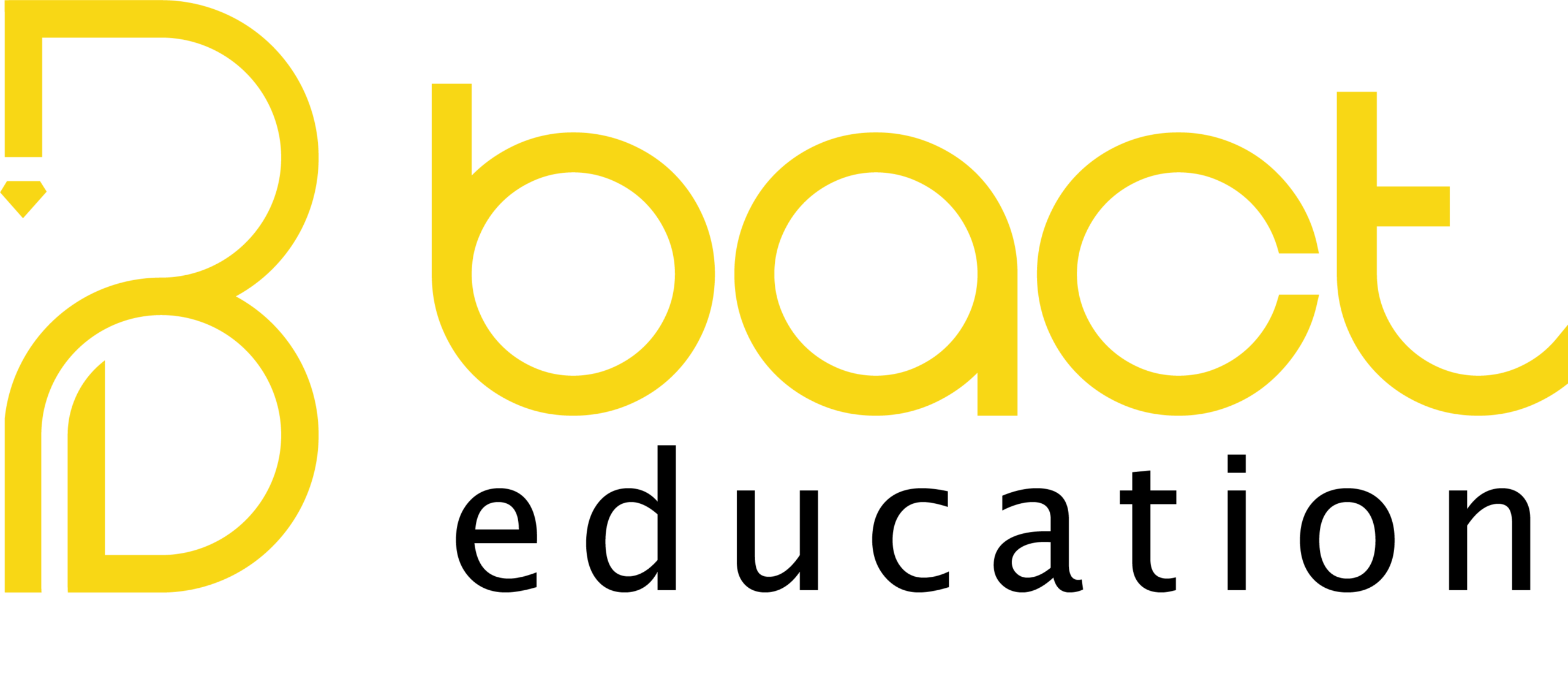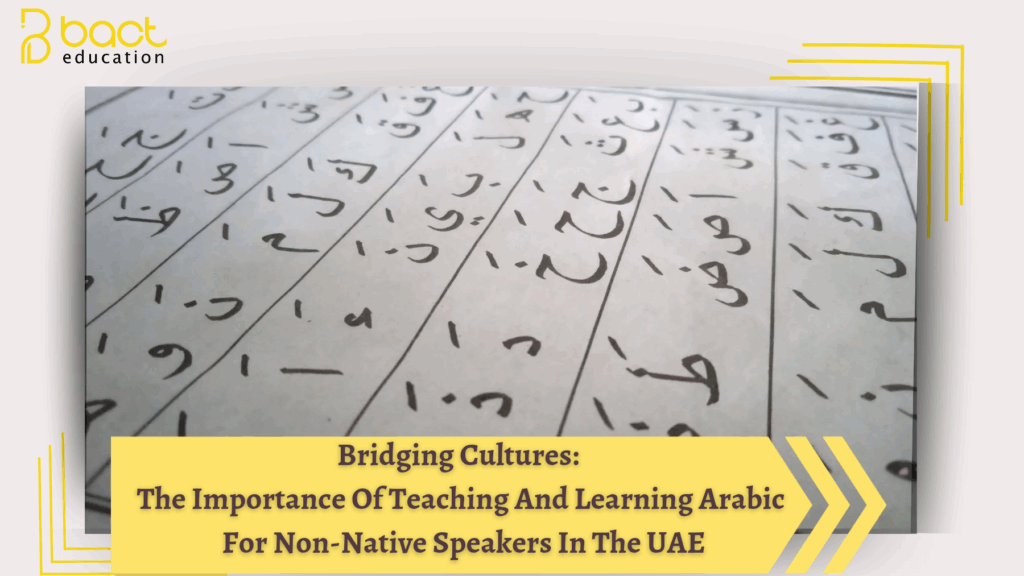Title: Bridging Cultures: The Importance of Teaching and Learning Arabic for Non-Native Speakers in the UAE
The United Arab Emirates (UAE) stands as a beacon of cultural diversity, innovation, and global connectivity. With over 200 nationalities calling the UAE home, the nation thrives on its multicultural identity. Amid this vibrant tapestry, Arabic—the official language of the UAE and a cornerstone of its heritage—plays a pivotal role in fostering unity, mutual respect, and deeper connections. Teaching and learning Arabic to non-native speakers is not just a linguistic endeavor; it’s a bridge to cultural understanding, economic opportunity, and social cohesion. Here’s why it matters.
1. Preserving and Sharing Emirati Heritage
Arabic is more than a language; it’s a vessel of history, tradition, and identity. For the UAE, where Bedouin roots intertwine with modern ambition, Arabic connects people to the values of hospitality, poetry, and Islamic heritage. By teaching Arabic to non-native speakers, the UAE shares its rich cultural legacy with the world. Learners gain insight into local customs, proverbs, and the nuances of Emirati dialect, fostering appreciation for the nation’s past and present.
For expatriates and long-term residents, speaking Arabic—even at a basic level—signals respect for the host culture. It breaks down barriers, allowing deeper engagement with Emirati communities and traditions, from Ramadan celebrations to National Day festivities.
2. Strengthening Social Integration
With expats constituting nearly 90% of the UAE’s population, language can either divide or unite. Teaching Arabic to non-natives promotes inclusivity, enabling smoother communication in workplaces, schools, and public spaces. For instance, healthcare providers, educators, and service industry professionals who learn Arabic can better serve Arabic-speaking clients, enhancing trust and collaboration.
Moreover, bilingualism fosters empathy. When non-Arabic speakers learn the language, they gain firsthand insight into the challenges faced by Arabic-speaking learners of English or other languages. This mutual understanding strengthens the UAE’s vision of a cohesive, tolerant society.
3. Unlocking Economic Opportunities
Arabic is the fifth most spoken language globally and a key asset in industries like diplomacy, trade, tourism, and education. In the UAE—a global business hub—proficiency in Arabic opens doors to careers in government, media, and multinational corporations. Companies increasingly value employees who can navigate both Arabic and English contexts, especially in sectors like finance, law, and cultural exchange.
For the UAE itself, investing in Arabic education for non-natives aligns with its economic diversification goals. As the nation positions itself as a leader in education and innovation, offering structured Arabic programs attracts international students and professionals, boosting its reputation as a knowledge-driven economy.
4. Empowering Future Generations
Children of expatriate families growing up in the UAE often straddle multiple cultural identities. Teaching them Arabic ensures they grow up bilingual, with cognitive and social advantages. Schools that integrate Arabic into their curricula empower students to engage confidently with local peers, media, and literature. This dual-language competence prepares them to thrive in the UAE and beyond.
5. Meeting the UAE’s Vision for the Future
The UAE’s National Agenda and Vision 2021 emphasize cultural preservation alongside global openness. Initiatives like the Arabic Language Charter and government-supported language centers reflect this commitment. By prioritizing Arabic education for non-natives, the UAE:
-
Promotes multicultural dialogue: Language learners become ambassadors of cross-cultural exchange.
-
Enhances soft power: Arabic proficiency strengthens the UAE’s influence in regional and international affairs.
-
Supports sustainable growth: A linguistically inclusive workforce drives innovation and long-term stability.
How the UAE is Leading the Way?
The UAE’s approach to Arabic education combines tradition with modernity:
-
Universities and Institutes: Institutions like Zayed University, the Abu Dhabi Arabic Language Centre, and online platforms such as Madinah Arabic offer courses tailored to non-natives.
-
Community Programs: Mosques, cultural foundations, and initiatives like Dubai’s Arabic for All provide immersive learning experiences.
-
Technology-Driven Learning: Apps, AI tools, and gamified platforms make mastering Arabic engaging and accessible.
Challenges and the Path Forward
While enthusiasm for Arabic learning is growing, challenges remain. The complexity of Arabic script and grammar can intimidate beginners, while varying dialects (Gulf Arabic vs. Modern Standard Arabic) require context-specific teaching. To address this, the UAE can:
-
Train specialized instructors in teaching Arabic as a foreign language.
-
Develop standardized curricula focused on practical communication.
-
Encourage public-private partnerships to expand access to resources.
Conclusion: Language as a Lifelong Gift
Teaching and learning Arabic in the UAE is more than an academic pursuit—it’s an investment in human connection. For non-native speakers, it’s a tool to unlock opportunities, deepen relationships, and honor the culture of their host nation. For the UAE, it’s a testament to its role as a global crossroads, where diversity and tradition coexist harmoniously.
As the UAE continues to champion Arabic education, it paves the way for a future where language unites, empowers, and inspires. Whether you’re an expat, educator, or lifelong learner, embracing Arabic is a step toward becoming part of the UAE’s extraordinary story.
Ready to begin your Arabic journey? Explore courses near you or connect with cultural centers to start learning today!
Join us
+97144470880
+971582491660 whatsApp

